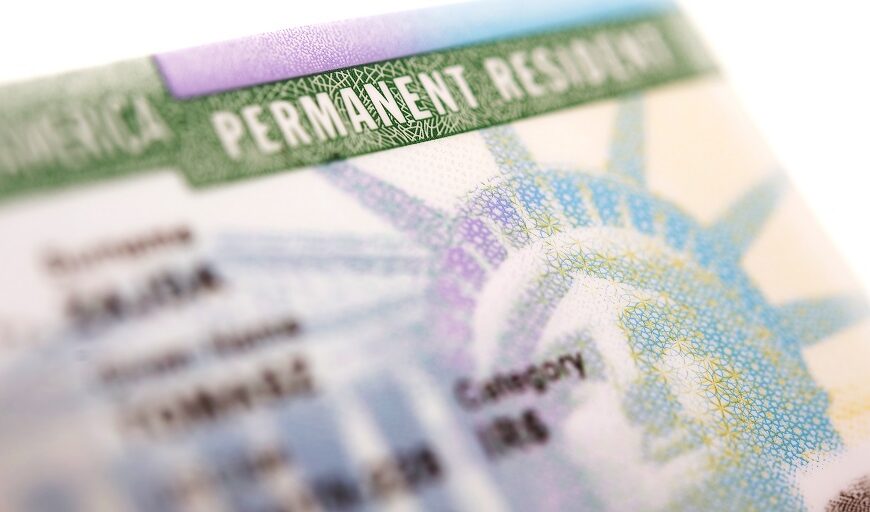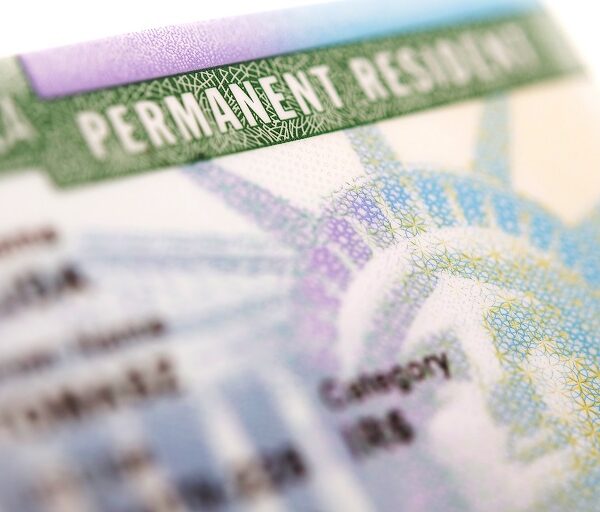Overview of the Proposed Changes
In recent developments, Germany’s coalition government has announced plans to eliminate the three-year citizenship pathway for immigrants. This decision has sparked significant debate regarding its implications for the future of immigration policy in Germany. The three-year pathway was initially introduced to facilitate a more accessible route to citizenship for immigrants who have established their lives in Germany. However, the current coalition government believes that reform is necessary to better align with their immigration objectives.
Understanding the Three-Year Citizenship Pathway
The three-year citizenship pathway allowed immigrants who fulfilled certain criteria to apply for citizenship after just three years of residency. This pathway was seen as a progressive step towards integrating immigrants into German society. The requirements typically included:
- Proof of Language Proficiency: Immigrants were required to demonstrate a sufficient command of the German language.
- Integration Courses: Completion of integration courses that covered German culture, history, and legal systems.
- Stable Income: Evidence of stable employment or sufficient income to support oneself without relying on social welfare.
The pathway aimed to encourage immigrants to become active participants in the community, fostering a sense of belonging and citizenship.
Reasons Behind the Coalition’s Decision
The coalition government, which comprises several parties with differing views on immigration, argues that abolishing the three-year pathway is necessary for various reasons:
1. Promoting a More Comprehensive Integration Process
The coalition believes that the current three-year timeline is too short for meaningful integration. They argue that a longer period before applying for citizenship would allow immigrants to better adapt to German society and culture. The coalition aims to emphasize the importance of thorough integration before granting citizenship.
2. Addressing Public Concerns
Public sentiment regarding immigration has shifted in recent years. Many citizens express concerns about the impact of immigration on social services, job opportunities, and national identity. By abolishing the three-year pathway, the coalition seeks to address these concerns and reassure the public that immigration policies are being carefully reconsidered.
3. Aligning with Broader Immigration Reforms
The coalition intends to implement broader reforms in immigration policy that include a focus on skilled labor and economic contributions. The removal of the three-year pathway is seen as part of a larger strategy to prioritize immigrants who can fill labor shortages and contribute to the economy.
Potential Impact on Immigrants and Society
The decision to eliminate the three-year citizenship pathway could have far-reaching implications for immigrants and the German society at large. Here are some potential impacts:
1. Increased Uncertainty for Immigrants
For many immigrants who were counting on the three-year pathway as a viable route to citizenship, this decision creates uncertainty. Those who have already been living in Germany may feel disheartened by the prospect of a longer wait for citizenship. This could lead to a sense of exclusion and frustration among immigrant communities.
2. Changes in Immigration Patterns
The removal of the three-year pathway may also influence future immigration patterns. Potential immigrants may reconsider their plans to move to Germany if they perceive the process of obtaining citizenship as more arduous. This could impact Germany’s ability to attract skilled labor and diverse talent that is essential for its economy.
3. Implications for Social Cohesion
A more stringent citizenship process could also affect social cohesion. The three-year pathway was a means to integrate immigrants into society. By making it more difficult to obtain citizenship, the coalition risks fostering divisions between immigrants and native citizens. This could lead to increased social tensions and hinder efforts towards unity.
Conclusion: A Step Towards Reform or a Step Back?
The decision to eliminate the three-year citizenship pathway raises critical questions about the future of immigration policy in Germany. While the coalition government aims to promote comprehensive integration and address public concerns, it is essential to consider the potential consequences for immigrants and society as a whole.
As Germany navigates these complex issues, the focus should remain on creating an inclusive environment that values diversity while ensuring that immigrants can successfully integrate into their new home. The ongoing dialogue surrounding immigration policy will undoubtedly shape the landscape of German society in the years to come, and it is crucial for all stakeholders to engage in meaningful discussions about the future of citizenship and immigration in Germany.







